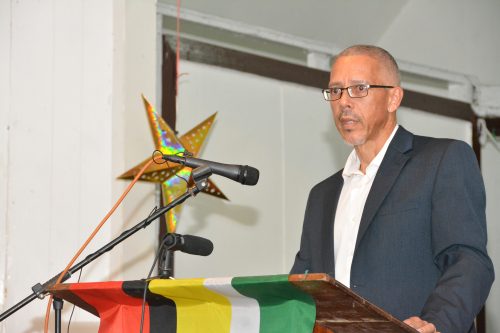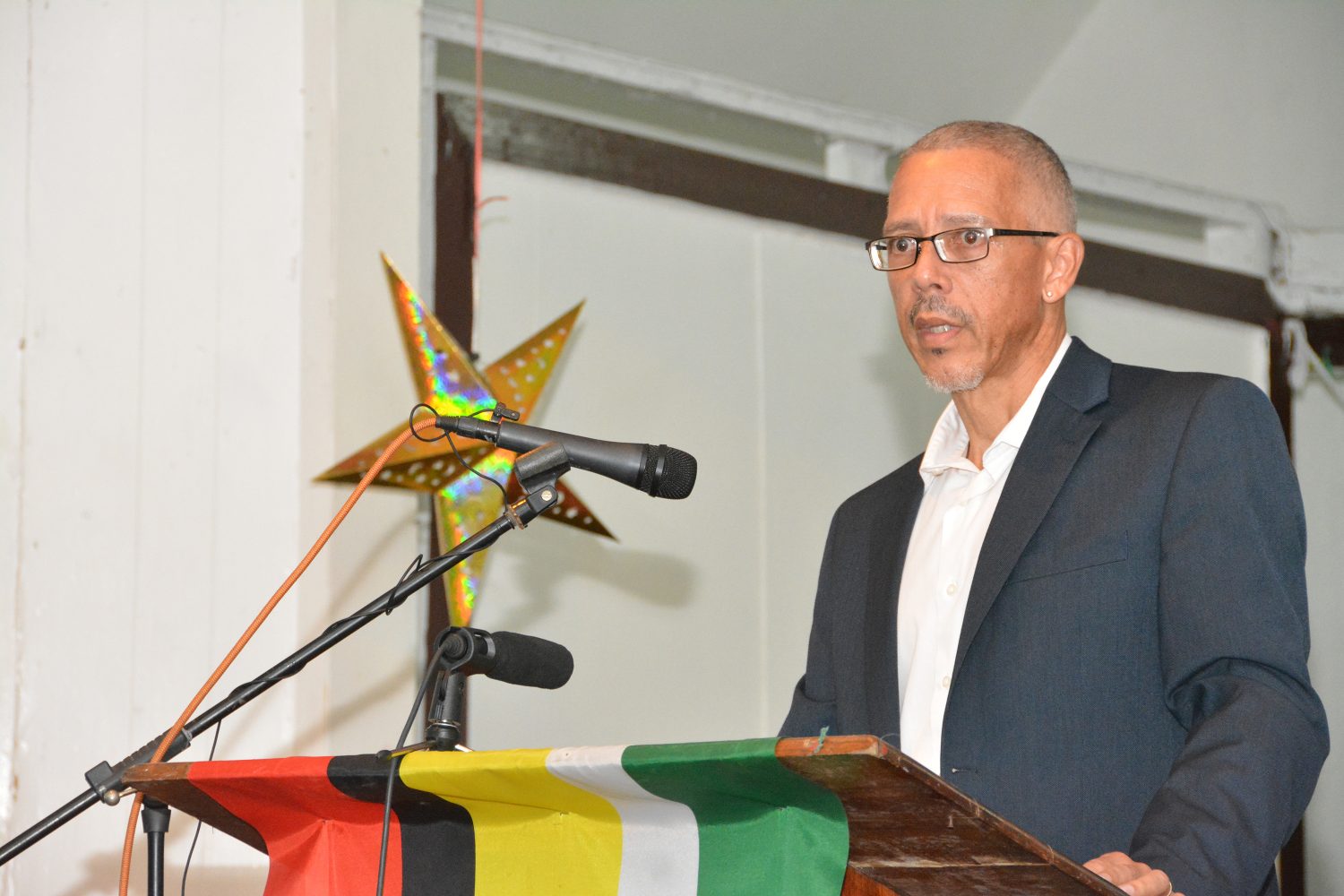Even as Guyana becomes increasingly preoccupied with the 2020 timetable for the commencement of oil and gas recovery, the ongoing efforts of Trinidad and Tobago to diversify its economy away from the fossil fuel ought to be an object lesson for the new kid on the block as far as the fossil fuel sector is concerned.
The word out of Port of Spain last weekend is that the American Chamber of Commerce (AMCHAM TT) is concerned over the economy’s continued heavy dependence on oil and gas for revenues and continues to advocate a diligent diversification effort that focuses on other sectors that can help support its economy.
AMCHAM TT is quoted in its 2017/2018 budget submission as saying that “It is necessary that targets, timelines and responsible agencies be established to ensure that diversification is done by sectors and in such a way that we can flag and do corrective interventions when necessary.”

The Chamber is reportedly proffering that the diversification from the oil and gas sector take the Trinidad and Tobago economy further in the direction of strengthening its ICT sector. The Stabroek Business monitored a recent report in the Trinidad Guardian proffering that “with proper support, government can ensure small and medium enterprises engaged in software design and applications can earn foreign currency for the country.”
AMCHAM is also reportedly seeking to persuade the government in Port of Spain to pay greater attention to the potential of the country’s tourism industry, asserting that more needs to be done to meet the demands of that sector which it says “is a key sector for economic development as it is a fast growing and labour-intensive industry that involves many economic activities.”
The diversification discourse in Trinidad and Tobago will, presumably not be lost to Guyana where national discussion on the economic prospects for oil and gas has given rise to what, at least until now, has been limited but serious public discourse about the need to utilize at least some of the resources likely to come from the oil and gas industry to strengthen the country’s agricultural and agro processing sector in order to broaden its export base and to consolidate its food security.
Earlier this week, in an invited comment on the Trinidad and Tobago diversification discourse, Guyana’s Business Minister Dominic Gaskin told the Stabroek Business that while Guyana remained focused on continuing to grow the various other sectors of the economy, the promises of oil and gas, notwithstanding, diversification was not without its challenges. According to Gaskin, “where dominant industries exist in an economy, other sectors run the risk of being unable to compete in the recruitment and retention of staff, especially at the management level. This impacts on the performance and competitiveness of these sectors.” According to Gaskin there was “a real danger of this happening in Guyana’s oil and gas sector if some of our other key sectors aren’t strengthened before 2020.”
The Business Minister, however, backed diversification in the post-oil recovery period pointing to what he said were “several good reasons” why the country should continue to pursue a more diversified economy. “Guyana’s economic growth is driven by its export earnings and is therefore vulnerable to external price fluctuations beyond our control. Diversifying our range of exports as well as trading partners will reduce that vulnerability,” Gaskin added.
Noting that 99% of the products exported by Guyana are processed outside of Guyana before reaching the end-consumer, Gaskin told Stabroek Business that “diversification into value-added activities can increase the contributions of our forestry, mining and agricultural sectors to the national economy while creating employment for Guyanese.”
In Trinidad and Tobago, meanwhile, advocates of diversification are reportedly pushing for greater support for agricultural production in circumstances where, over the years, the country’s oil wealth has moved it inexorably it in the direction of a level of extra regional food imports that has made the single largest contribution to the Caribbean’s multi–billion-dollar food import bill. AMCHAM TT says that agriculture is important in Trinidad and Tobago’s fight against poverty and inflation, critical to the country’s food security and important as a tool to help stem the foreign exchange leakage.
AMCHAM is also backing Trinidad and Tobago’s role in regional agricultural pursuits that envisage collective investment in mostly mechanized mega farms in land-blessed countries like Guyana as well as incentives for small farmers that include greater access to state lands for agriculture. A Guyana/Trinidad and Tobago joint venture had envisaged the creation of mega farms utilizing private funding from Trinidad and Tobago. Little, however, has been heard of that initiative for more than a year.









